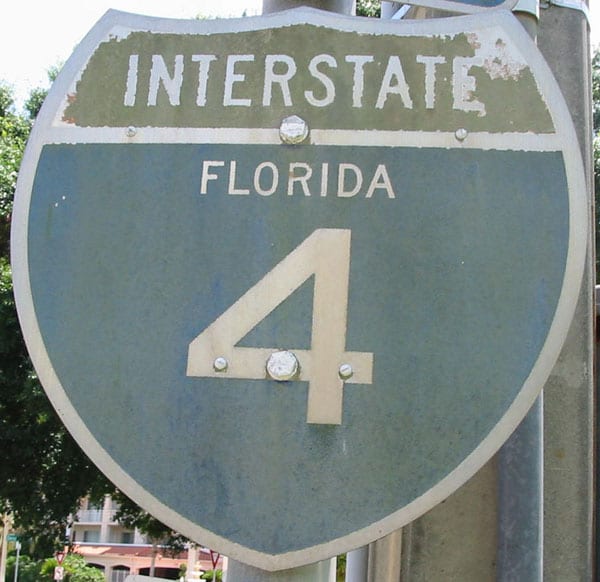
January 8, 2019; CBS Miami, CNN, Pensacola News Journal, and WUFT
“More than one million Floridians with felony convictions get back their right to vote Tuesday,” notes Joan Murray for the Miami affiliate of CBS. Proposition 4, which passed with 64.5 percent of the vote, restores voting rights to over one million formerly incarcerated Floridians who have completed their sentences. It was, as NPQ noted last November, a bright spot for expanding voting rights in an election often marred by voter suppression.
Now, as Emanuella Grinberg of CNN explains, “Returning citizens…will be able to register online or in person to vote just as any other Floridian would.” Floridians seeking to have their voting rights restored, she adds, need “to make sure they have completed all the terms of their sentence so they can honestly declare on a voter registration form that their right to vote has been restored.”
Grinberg notes that, “In recent weeks, civil rights groups have ramped up outreach and education efforts to encourage those with felony convictions to register to vote. Completion of a sentence includes any period of incarceration, probation, parole, and financial obligations imposed as part of a person’s sentence, according to the coalition of groups that endorsed the legislation and is coordinating voter registration drives.”
A number of accounts relate stories of people who went to their county registrar on Tuesday, the first day when their rights were eligible to be restored. In Miami, Murray notes, “Several applicants went to the Dorothy Bendross Social and Economic Institute in Miami to register.”
“So many people have fought for this right and that’s why I’m here today,” Louis Irving told Murray.
In Alachua County, which includes the college town of Gainesville, Cat Gloria of WUFT writes about Rhonda Shephard, who said to her, “Girl, I’m going to go outside and scream,” after she became one of about 50 people to register to vote in Alachua County on Tuesday. Gloria notes that Shepherd had served a one-year sentence for credit card fraud and was released from prison 15 years ago, but she only got her voting rights restored this week.
Sign up for our free newsletters
Subscribe to NPQ's newsletters to have our top stories delivered directly to your inbox.
By signing up, you agree to our privacy policy and terms of use, and to receive messages from NPQ and our partners.
The lines pleased Alachua County Supervisor of Elections Kim Barton. Barton said to Gloria that, “Voting is one of the most precious rights we have and should never be taken for granted. So, to see people come in the office today and be so excited about the opportunity to register is awesome.”
In Pensacola, one person who registered to vote on Tuesday was Tranassa White. Speaking to Kevin Robinson of the Pensacola News Journal, she encouraged others to follow her example. “Go out there. Register. Have your voice heard in the public, because this is going to change futures for us,” White said.
White, who is 33, Robinson writes, “overcame a history of childhood neglect, but around the age of 21, she ran afoul of the law, and in 2006 she was sentenced to five years in state prison for charges including battery, resisting an officer and drug possession.”
White, Robinson adds, says “she didn’t receive any rehabilitation in prison, but instead changed her life because of a support network. She is now holding down a steady job, raising a son, and working toward a bachelor’s degree after earning an associate degree at Pensacola State College.”
The best estimate of how many are eligible in Florida to have their voting rights restored is 1.4 million, a significant number in a state that currently has 13.4 million registered voters. If all 1.4 million registered, Florida’s voting rolls would expand by 10 percent, a window into the impact that mass incarceration has had in the state.
It is estimated that 10,000 of those 1.4 million live in Alachua County. With 50 registering on day one, that still leaves about 9,950 to go. Alachua County Commissioner Marihelen Wheeler told Gloria that she plans to hand out voter registration forms. “We want to make sure people realize that they are still a part of this community,” Wheeler said. “There are a whole lot of people who have been so demoralized over the years, that they take some encouragement to get there to register.”—Steve Dubb













